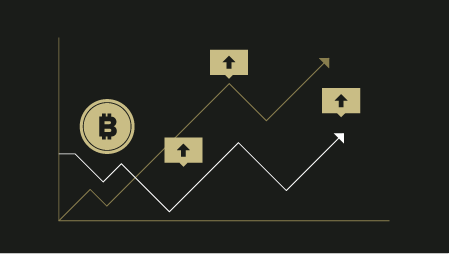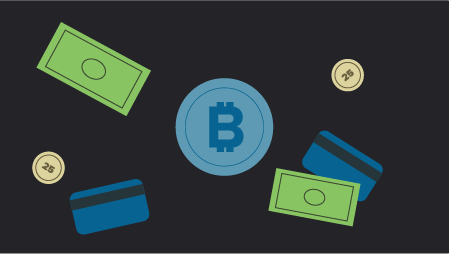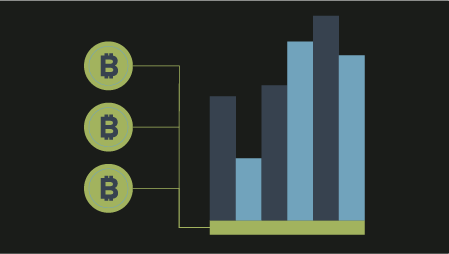For simplicity, let’s assume there are three customers (c1, c2, c3) in this batch, and one vehicle (v1) information is provided as a sale.
- P(C=c1) represents the likelihood of c1 to buy any car. Assuming no prior knowledge about each customer, their likelihood of buying any car should be the same: P(C=c1) = P(C=c2) = P(C=c3), which equals a constant (e.g. 1/3 in this situation)
- P(V=v1) is the likelihood for v1 to be sold, given it is shown in this batch, this should be 1 (100% likelihood to be sold)
Since there is only one customer making the purchase, this probability can be extended into:
P(V=v1) = P(C=c1, V=v1) + P(C=c2, V=v1) + P(C=c3, V=v1) = 1.0
For each of the item, given the following formula
P(C=c1, V=v1) = P(C=c1|V=v1) * P(V=v1) = P(V=v1|C=c1) * P(C=c1)
We can see P(C=c1|V=v1) is proportional to P(V=v1|C=c1). So now, we can get the formula for the probability calculation:
P(C=c1|V=v1) = P(V=v1|C=c1) / (P(V=v1|C=c1) + P(V=v1|C=c2) + P(V=v1|C=c3))
and the key is to get the probability for each P(V|C). Such a formula can be verbally explained as: the likelihood for a vehicle to be purchased by a specific customer is proportional to the likelihood for the customer to buy this specific vehicle.
The above formula may look too “mathematical”, so let me put it into an intuitive context: assuming three people were in a room, one is a musician, one is an athlete, and one is a data scientist. You were told there is a violin in this room belong to one of them. Now guess, whom do you think is the owner of the violin? This is pretty straightforward, right? given the likelihood of musician to own a violin is high, and the likelihood of athlete and data scientists to own a violin is lower, it is much more likely for the violin to belong to the musician. The “mathematical” thinking process is illustrated below.
The promises of blockchain technology are vast, but the results to date have not met expectations. So where is blockchain heading, and when will we be there?
Other Potential Industry Uses for Blockchain?
- ZDNet – Blockchain elections: How Bitcoin technology could secure your vote – and save democracy
- The Suburban Times – Pierce County to continue mobile voting after successful military pilot
- NBC News – Smartphone voting app needs security review, senator says




